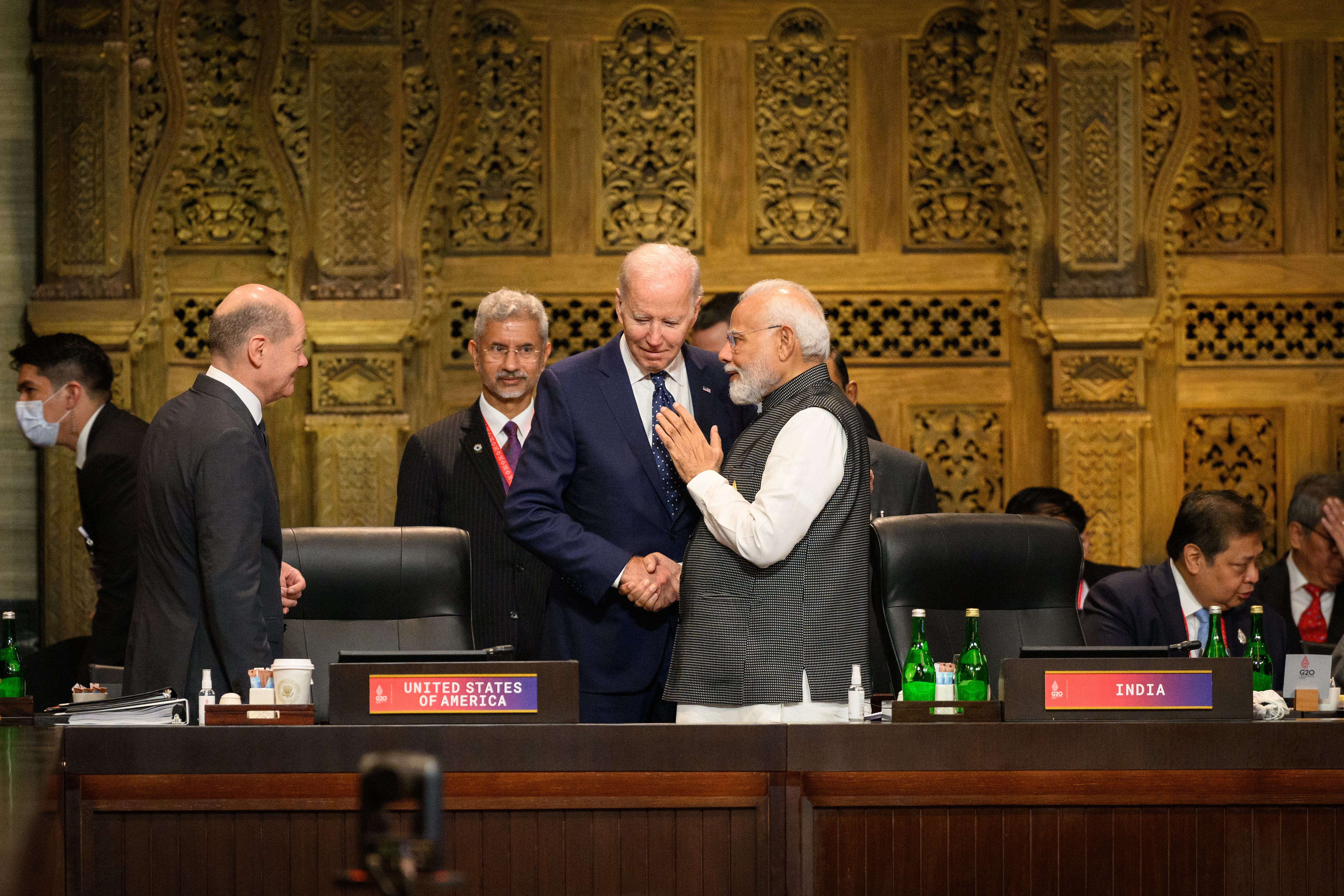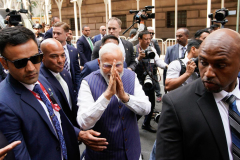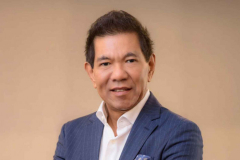
WASHINGTON − India’s democracy is at a weak point. The U.S. government has accused India of engaging in significant human rights abuses.
And yet, on Thursday, the U.S. president is throwing India’s prime minister a lavish state dinner.
For a politician who has made strengthening democracy a central theme of his administration, President Joe Biden’s courtship of Indian Prime Minister Narendra Modi underscores the tension between his campaign principles and the realities of being president.
Biden’s administration has accused India’s government of participating in unlawful and arbitrary killings, restricting freedom of speech and allowing violence against religious, racial and ethnic minorities.
Organizations that track democracy have downgraded India. Freedom House now rates it only partially free.
“It’s very awkward, and embarrassing even, to have the rhetorical emphasis on democracy for the foreign policy, while at the same time this critical partner is seen as backsliding,” said Irfan Nooruddin, a professor of Indian politics at Georgetown University’s School of Foreign Service.
Modi pressed on human rights
Progressive Rep. Rashida Tlaib said she would boycott Modi’s address to Congress during the visit over his “long history of human rights abuses, anti-democratic actions, targeting Muslims & religious minorities, and censoring journalists.” She described the conduct in a tweet as “unacceptable.”
“It’s shameful that Modi has been given a platform at our nation’s capital,” said Tlaib, D-Mich.
Democratic Reps. Cori Bush, of Missouri, and Alexandria Ocasio-Cortez, of New York, also are protesting the event.
The White House said Biden would raise human rights questions with Modi when they speak privately. A spokesman stressed it is a topic Biden routinely addresses.
“Certainly human rights is of concern to the United States, and it’s a foundational element to President Biden’s foreign policy,” White House national security strategic communications coordinator John Kirby said.

Biden-Modi relationship built on common bonds
President Joe Biden and Indian Prime Minister Narendra Modi have developed a relationship based on mutual respect of their scrappy backgrounds and a pragmatism about their shared challenges. Biden is welcoming Modi for a state visit Thursday. (June 21)
AP
A group of more than 70 lawmakers asked Biden in a letter Tuesday to “discuss the full range of issues” facing the two nations during the visit. They noted that “independent, credible reports reflect troubling signs in India” and told him that “friends can and should discuss their differences in an honest and forthright way.”
“We think it’s important that we have a strong relationship between India and the United States, regardless of who India’s prime minister is, but we also think it’s important that the president raise these human rights issues and make it clear that the institutions of democracy − free press, freedom of religion, a free judiciary, an independent judiciary − these are all things that ensure a democracy,” Rep. Pramila Jayapal, a Democrat who was born in India, said in an interview. “And without a democracy, it’s going to be much harder for the United States and India to have a long-term, strong relationship.”
Discrimination, harassment and erosion of trust
Trust in India’s judiciary system is also eroding. Earlier this year, a court convicted one of Modi’s chief political opponents, Rahul Gandhi, of defamation for disparaging the surname “Modi” in a case that is viewed as highly political.
If the conviction stands, Gandhi, who highlighted India’s struggles with democracy during a recent trip to the U.S., will be barred from competing in India’s national elections next year.
Modi and his political party have increasingly used government institutions to target political opponents. Discriminatory policies against the Muslim population and harassment of journalists and government critics grew significantly under Modi, Freedom House president Michael Abramowitz said.
“So it is still a democracy, as they say. It’s got a thriving election system. But it’s these other policies that cause concern for Freedom House,” Abramowitz said.
Modi has not fielded questions at a news conference since he became prime minister. But the White House said he and Biden would speak with the media on Thursday.
Rep. Ro Khanna, a Democratic congressman who co-chairs the Congressional Caucus on India and Indian Americans, said that the U.S. should be “candid” about freedom of press and human rights quest





